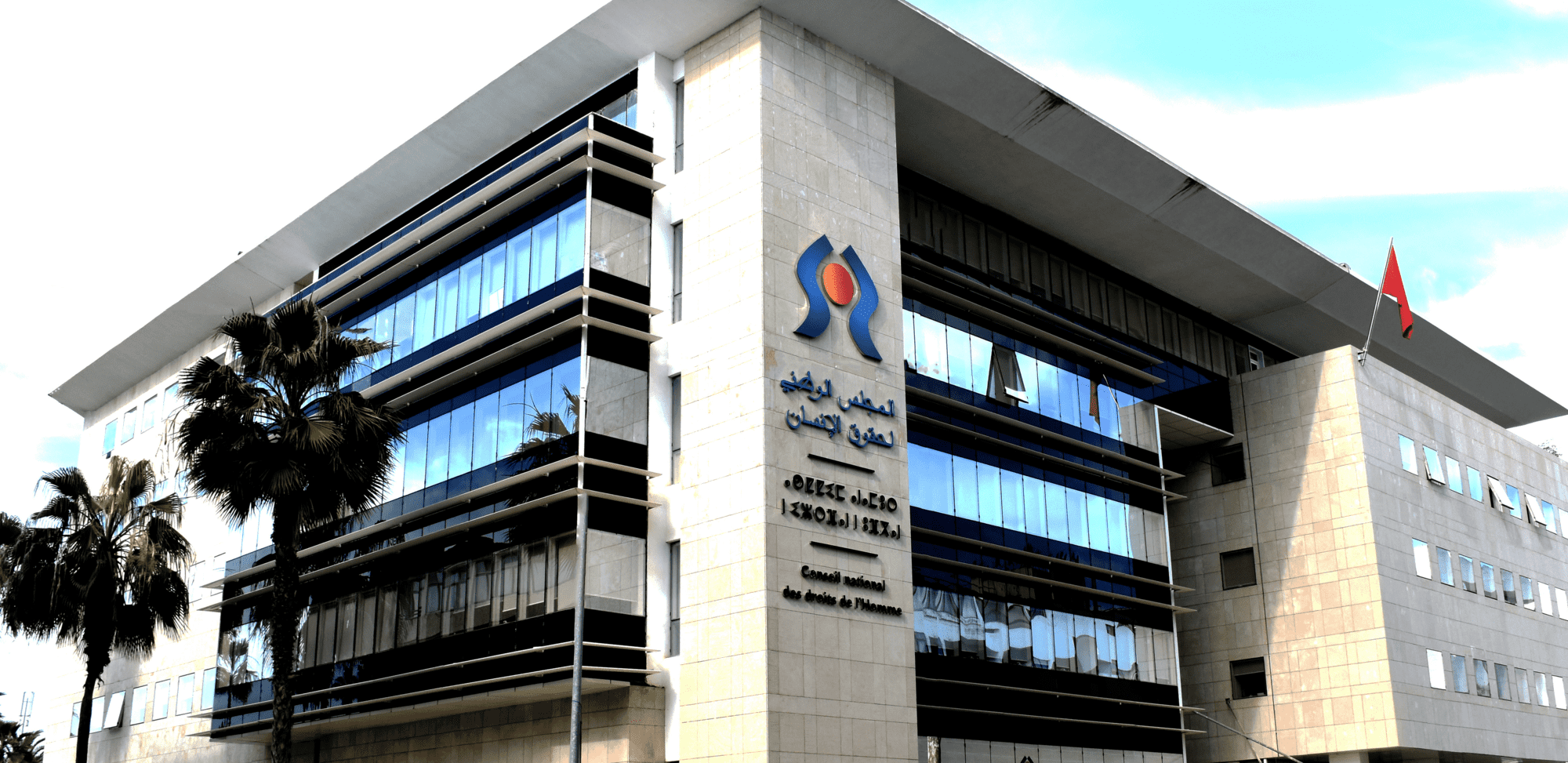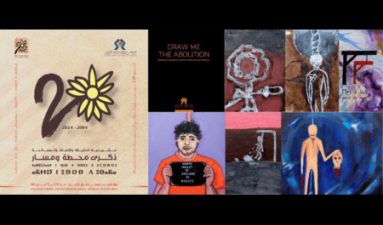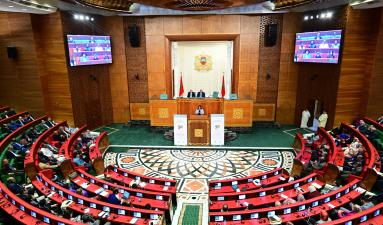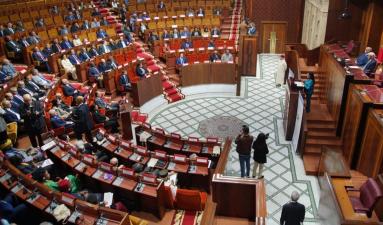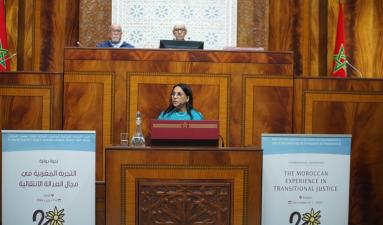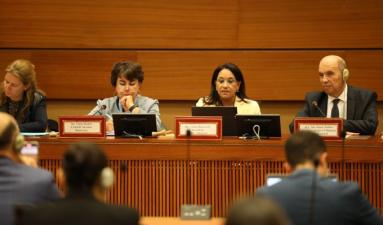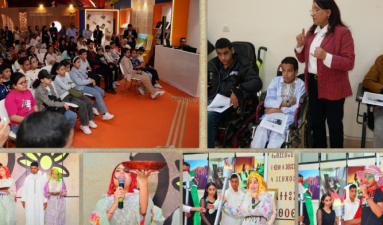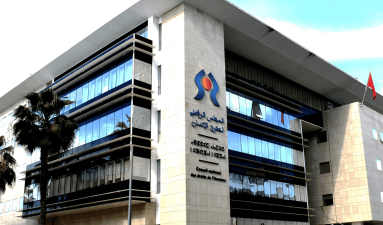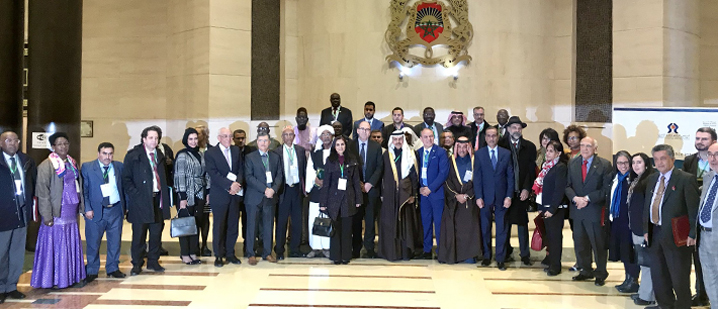
After two days of in-depth debates, the international seminar on national reconciliation experiences, aiming at achieving peace and political stability, was culminated in the adoption of the Declaration of Rabat on national reconciliations. This event was held on 17 and 18 January 2019 in Rabat, Morocco.
Organized by the House of Councillors and the Association of Senates, Shoora and Equivalent Councils from Africa and the Arab World (ASSECAA), in partnership with the National Human Rights Council (CNDH), this event was an opportunity to review various experiences of transitional justice. It also aimed to exchange best practices within this area and highlight points of connectivity and discrepancy among experiences in both North Africa and Latin America.
This seminar was also an occasion to address the role of national human rights institutions (NHRIs) on the one hand and national parliaments on the other hand according to the constitutional and legal systems in each country.
During the seminar, participants focused on national consultations related to the process of transitional justice, legislative contributions, implementation of parliamentary scrutiny roles and contribution to follow-up the implementation of the Moroccan Truth Commission’s recommendations concerning constitutional reforms, justice reform, guarantees of non-repetition, etc.
The Declaration of Rabat on the role of NHRIs in consolidating reconciliations recommends, among others, that ways to develop guiding principles on the role of NHRIs and parliaments in the processes of reconciliation be reviewed and advocacy be conducted before the Human Rights Council (HRC) to adopt a resolution on this issue.
This declaration also calls to rely on the Belgrade Principles for the Relationship between National Parliaments and NHRIs to sign memoranda of understanding to reinforce the role of parliaments in transitional justice processes. Within this context, this document also emphasized the need to take into consideration during budget discussion by the State, the principle of equity and reparation for individuals and communities who suffered from human rights violations to avoid tensions and ensure the sustainability of social stability.
The proceedings of the meeting started on 17 January 2019 at the House of Councillors, in Rabat, Morocco. The President of the CNDH, Mrs. Amina Bouayach, Speakers of both Houses, the President of the ASSECAA, the President of the Pan-African Parliament, the President of the Arab parliament, the speaker of the Latin America and Caribbean parliament and the ambassador of the European Union to Morocco took part in this international seminar.
In her opening statement, Mrs. Bouayach confirmed that the CNDH is always ready to meet its commitments regarding the implementation of the recommendations of the Moroccan Truth Commission (IER) on the regularization of administrative and financial situations, social integration and health rehabilitation of victims and rights-holders, and establishment of the truth about enforced disappearances.
While underlining the specificity of the Moroccan action on transitional justice, Mrs. Bouayach said that this experience is unique, as the CNDH was entrusted to follow up on the implementation of the recommendations of the IER.
Within this framework, she shed light on the publication of the IER’s final report which included recommendations regarding enforced disappearances, the compensations and reparations as well as recommendations on constitutional, legislative and institutional reforms.
The proceedings of this international seminar focused on five points: reconciliation according to transitional justice, comparative experiences, experiences of reconciliation: outcomes and challenges, the role of parliaments in consolidating the processes of reconciliation and the role of NHRIs in reconciliation processes and guarantees of non-repetition.

